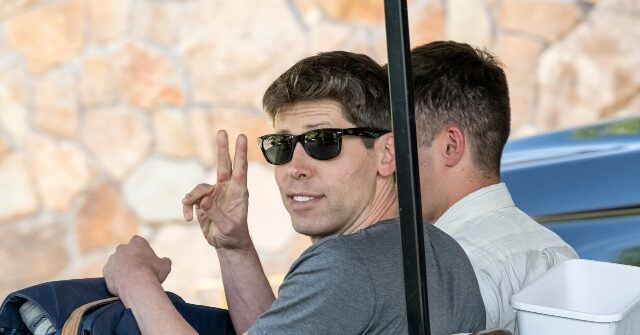Suchir Balaji, a former researcher at OpenAI, tragically passed away in his San Francisco apartment on November 26, 2023, as confirmed by the San Francisco police and the Office of the Chief Medical Examiner. The young researcher, only 26 years old, gained notoriety for his whistleblowing activities aimed at exposing potential copyright violations committed by OpenAI in the development of its highly popular AI language model, ChatGPT. The authorities have classified the incident as an apparent suicide, with no indications of foul play surrounding his death.
Balaji’s untimely death followed closely on the heels of his public accusations against OpenAI, which emerged just three months prior. In particular, he raised concerns over the legality of the company’s training methods for ChatGPT, suggesting it may have infringed copyright laws by utilizing copyrighted works without authorization. His statements were made against the backdrop of a growing number of lawsuits targeting OpenAI from a variety of stakeholders, including authors and media organizations, alleging that their intellectual property was improperly used to develop the AI’s training data.
In an interview with the New York Times in late October, Balaji articulated his discontent with the ethical implications surrounding OpenAI’s operations. He argued that the company’s practices could harm businesses and entrepreneurs, emphasizing a crisis of conscience that led him to conclude that leaving the company was necessary. Balaji pioneered a stance advocating for a sustainable internet ecosystem and expressed concern for the broader ramifications of AI technologies like ChatGPT, which he believed could undermine established business models.
Originally from Cupertino and an alumnus of UC Berkeley, Balaji held optimism for the benefits of AI technology when he first joined OpenAI in 2020. His views began evolving as he became increasingly troubled by his role in collating data from the internet to train OpenAI’s systems. It was his deepening apprehensions about the potential misuse of intellectual property within the AI development landscape that prompted him to sound the alarm on OpenAI’s practices. He frequently aligned his critiques with a legal framework, particularly referencing the principle of “fair use,” which governs the limits of using previously published work.
Prior to his death, Balaji had positioned himself as a potential key witness in ongoing lawsuits against OpenAI. Legal representatives for the New York Times had specifically noted his possession of “unique and relevant documents” that could substantiate their claims against the AI giant. This revealed his critical role in the emerging narrative surrounding the legality of AI training data practices, highlighting the tensions between technological advancement and intellectual property rights in the contemporary digital age.
In response to Balaji’s allegations, OpenAI has maintained a firm stance asserting that its usage of training materials complies with fair use laws. The company believes that innovations represented by tools like ChatGPT can enhance interactions between publishers and readers. As the case unfolds in the legal landscape, the implications of Balaji’s claims and the response from OpenAI will be closely monitored by industry watchers, legal scholars, and advocates for copyright reform, illuminating the increasingly complex intersections of AI technology, creativity, and law.

